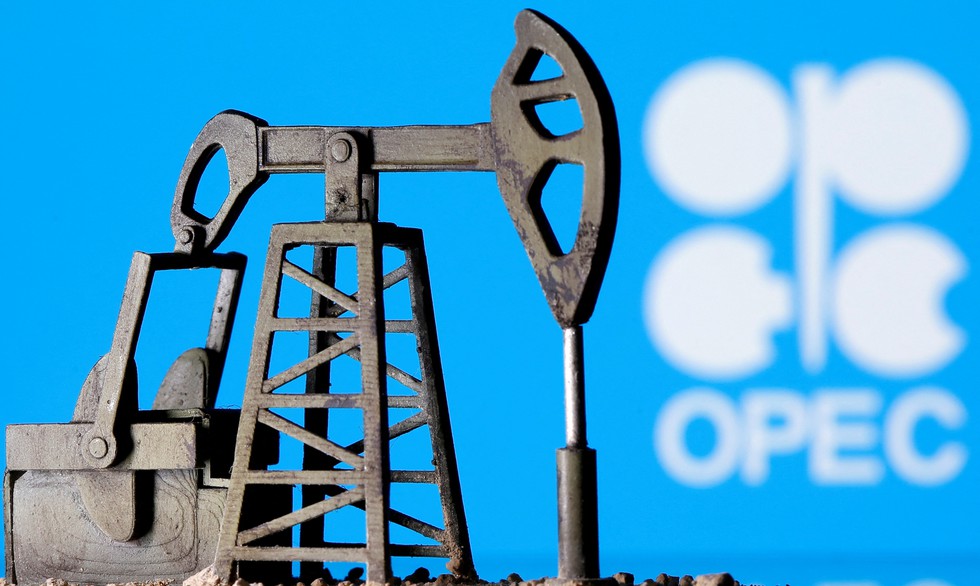About OPEC+:
- It is a group of oil-exporting countries which meets regularly to decide how much crude oil to sell on the world market.
- Origin: These nations came to an accord towards the end of 2016 “to institutionalize a framework for cooperation between OPEC and non-OPEC producing countries on a regular and sustainable basis.”
- These nations aim to work together on adjusting crude oil production to bring stability to the oil market.
- OPEC+ controls about 40% of global oil supplies and more than 80% of proven oil reserves.
- At the core of this group are the members of OPEC (the Organization of the Oil Exporting Countries), which are mainly Middle Eastern and African countries.
- Members: It comprises OPEC countries plus Azerbaijan, Bahrain, Brunei, Kazakhstan, Russia, Mexico, Malaysia, South Sudan, Sudan, and Oman.
What is the Organization of the Petroleum Exporting Countries (OPEC)?
- It is a permanent intergovernmental organization of oil-exporting countries.
- Mission:
- To coordinate and unify the petroleum policies of its member countries.
- Ensure the stabilization of oil prices in the international oil markets
- Formation: It was founded in Baghdad, Iraq, with the signing of an agreement in September 1960 by five countries, namely the Islamic Republic of Iran, Iraq, Kuwait, Saudi Arabia, and Venezuela.
- Currently, it has 12 members, including Algeria, Congo, Equatorial Guinea, Gabon, Libya, Nigeria, and the United Arab Emirates.
- Headquarters: Vienna, Austria.
